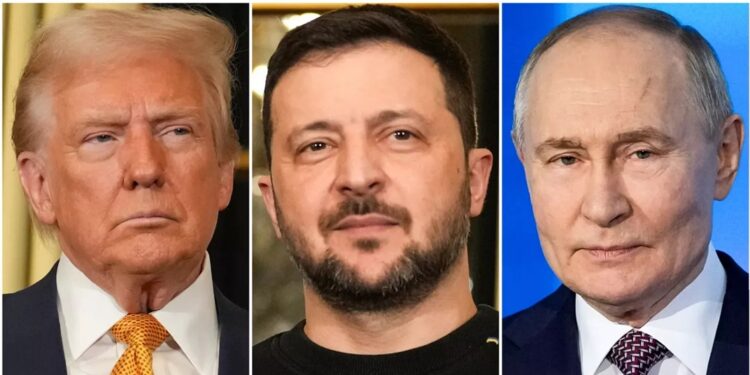The meeting announced between Donald Trump and Vladimir Putin, scheduled for August 15 in Anchorage, Alaska, intervenes in a particularly tense geopolitical context. At the heart of discussions is a Russian proposal aimed at establishing a ceasefire in Ukrainebut on a major condition: Kyiv acceptance of significant territorial concessions in the east of the country.
The Russian president has thus submitted a clear offer to the United States: a Immediate judgment of hostilities against a Ukrainian withdrawal from the Donbass strategic areasregion where the fights are the most intense. This approach translates a Russian maximum pressure strategyseeking to transform military gains into diplomatic recognition.
A red line for Kyiv and its allies
For Ukraine, this proposal is unacceptable. The Ukrainian president already has firmly rejected any idea of territorial abandonmentrecalling that the national sovereignty is non -negotiable. The international community, in particular Western allies, supports this line, Fearing that such a concession encourages other attacks.
The Trump-Putine meeting will therefore be followed closely, as it could redefine the contours of the conflict and the diplomatic process. Despite his status as a former president, Trump retains a significant influence and his role in these negotiations could weigh on the world scene.
In this context, peace remains fragile, suspended from territorial concessions that Ukraine refusesthus digging a gap between Russian ambitions and Ukrainian requirements. The challenge will therefore be to identify a path capable of put an end to violence while respecting territorial integrity.








